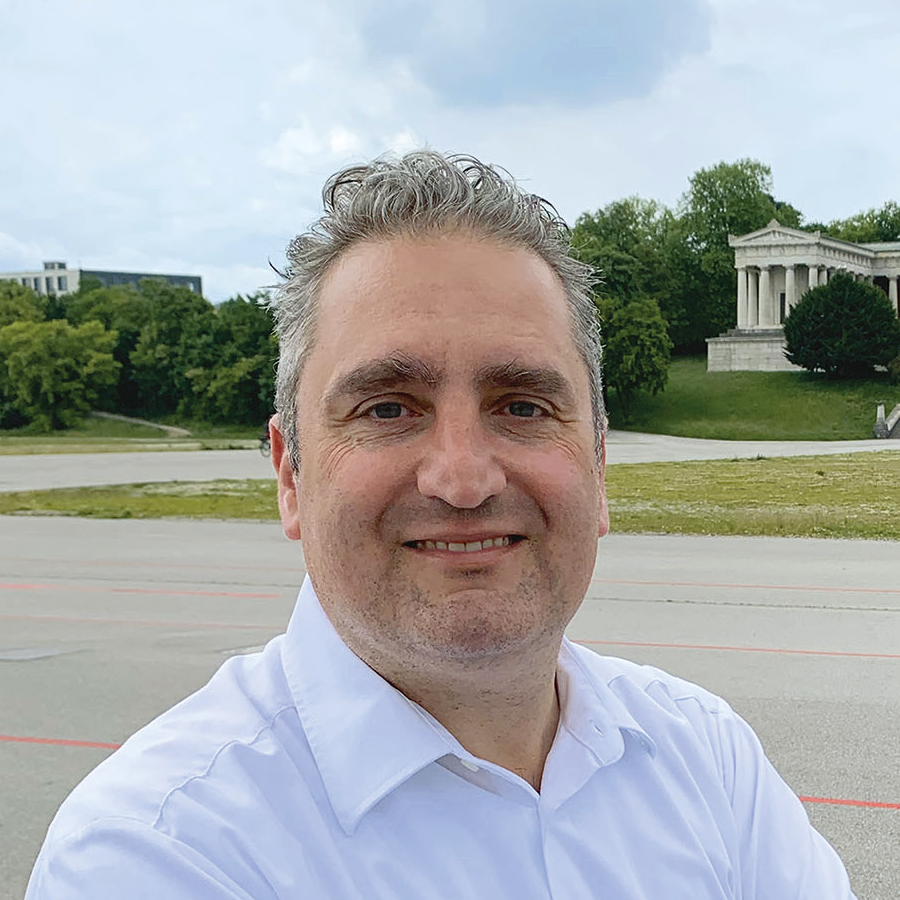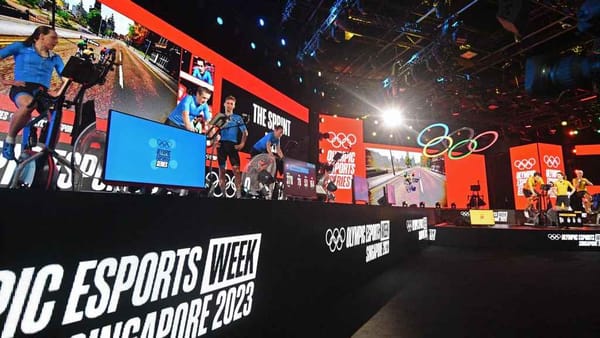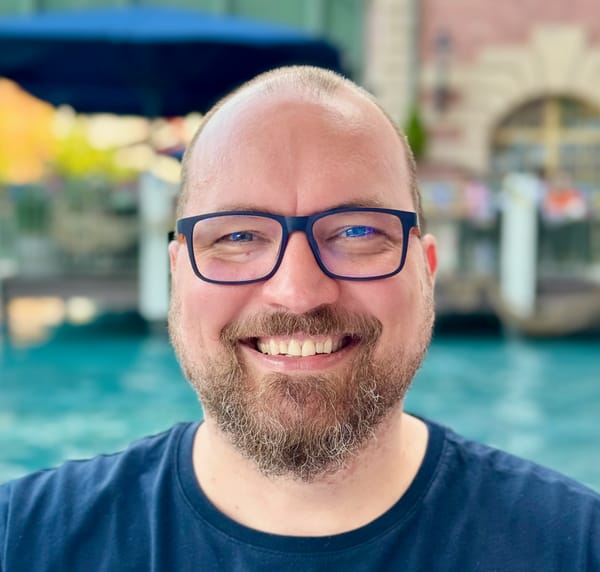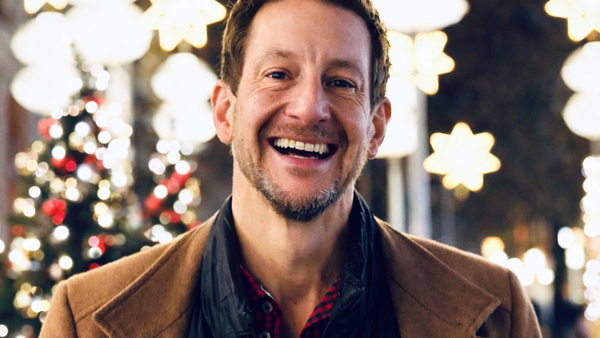DOSB to Intensify Dialogue With Partners From Sports and Esports




Following the IOC's decision to organise the Olympic Esports Games, the DOSB, at the request of GamesMarkt, stated that it feels an even greater responsibility to use the potential of esports to strengthen the values of sports and that it wants to be involved in this process.
The decision of the IOC Summit to organise Olympic Esports Games from 2025 will also have an impact on national sports organisations. This became clear when GamesMarkt asked the Deutscher Olympischer Sportbund (DOSB; German Olympic Sports Confederation), which has been responsible for the tasks of the German NOC since its merger with the Deutscher Sportbund (German Sports Confederation) in 2006.
"Following the IOC's decision, the DOSB feels even more responsible to use the potential of esports to reach the younger generations in particular and to strengthen the values of sport there", the association stated. "We have already started and will intensify the dialogue with partners and interest groups from organised sport and esports in order to help shape this new initiative. In the coming months, the IOC will announce further details on the organisation and implementation of the Olympic Esports Games."
As the umbrella organisation for all sports associations in Germany, the DOSB was a strict opponent of esports for a long time. However, the main issue was whether esports should be recognised as a regular sports, which would have opened the door to the already limited state funding for sports. Back then, the DOSB took a similar line to the IOC and spoke of esports when it came to the electronic simulation of sports, and of eGaming for the classic esports disciplines such as League of Legends, CS:GO, DOTA 2 and so on.
Since then, however, some changes have taken place in the German sports world, such as the position on recognition of the non-profit status of esports. This would allow traditional sports clubs to set up esports departments within existing club structures instead of setting up a separate organisation to attract younger audiences. Such recognition is supported by some of the DOSB's state associations, but is currently being blocked by the "traffic light" coalition in Berlin, although it was agreed in the coalition agreement.








